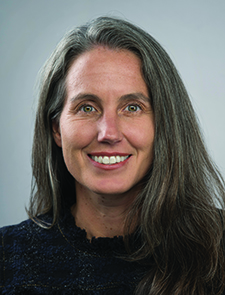Our hope is that ENTtoday provides a forum for discussion of different points of view, thereby empowering all of us to succeed in the practice of otolaryngology.


Our hope is that ENTtoday provides a forum for discussion of different points of view, thereby empowering all of us to succeed in the practice of otolaryngology.

Faculty and residents, alike, need to prioritize their own well-being and take time for self-care and the care of loved ones.

Workplace bullying may not be as overt as in the past, but it still exists and requires strong leaders who are not afraid to stand up and create a workplace where everyone has the opportunity to succeed.

An underdiscussed topic in our field is the way in which decisions by payers can prevent the delivery of high-value, patient-centered care and increase cost.

Meals together allow us the time to pause, listen, and learn about the people in our lives, turn colleagues into friends, and enrich our life experience by connecting with new people.

We all have our stories about the early days of COVID-19 and how we tried to convince ourselves that this would be a two-week hiccup, after which we would get back to our normal lives. We couldn’t have been more wrong.

Having a better understanding of what is important to patients and educating patients and referring providers may help decrease the number of patients with an expectation that surgery is the only answer.

Dr. Lindsay took the opportunity to speak with senior women in healthcare about current barriers to gender equity in healthcare, and two words became mainstays: complacency and intentionality.

ENTtoday’s editor Robin W. Lindsay reflects on the changes we’ve seen in our community because of the #MeToo movement.

It’s more important than ever to ask, “Are the jobs in healthcare good jobs? If not, how can we make them so?”